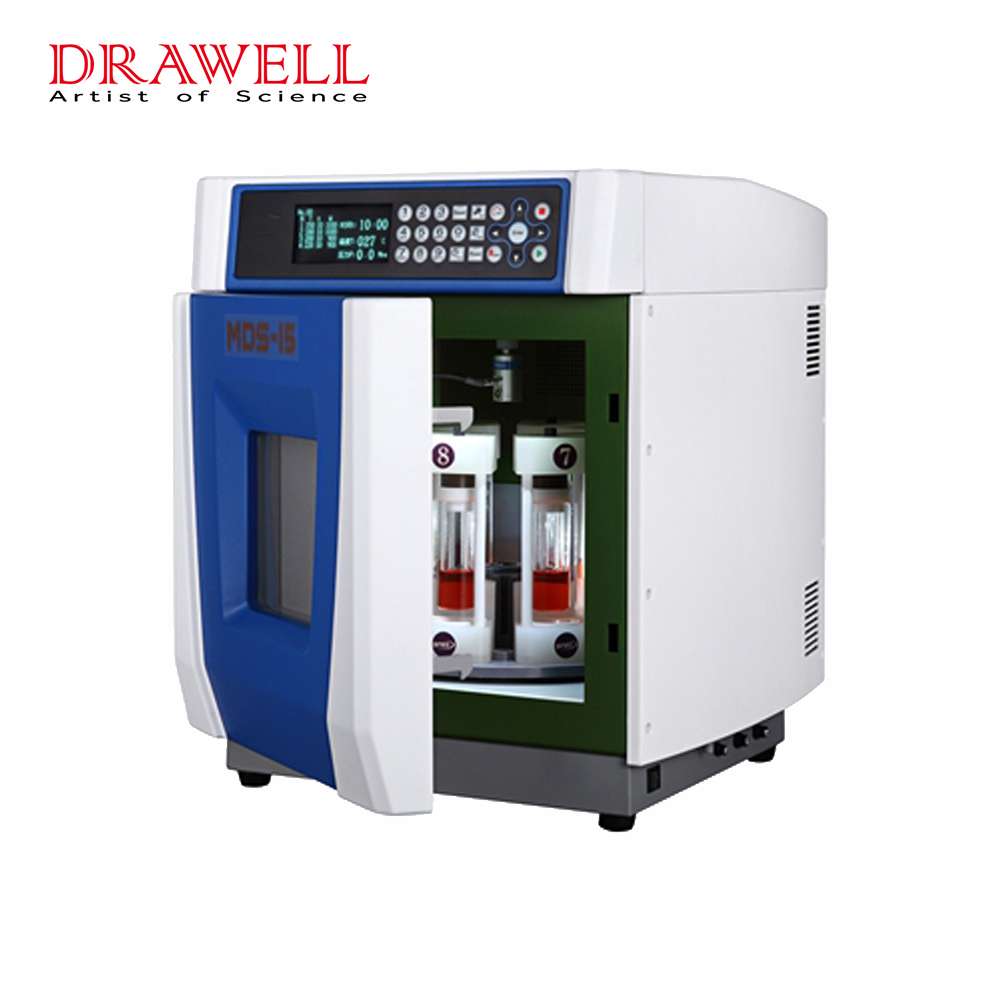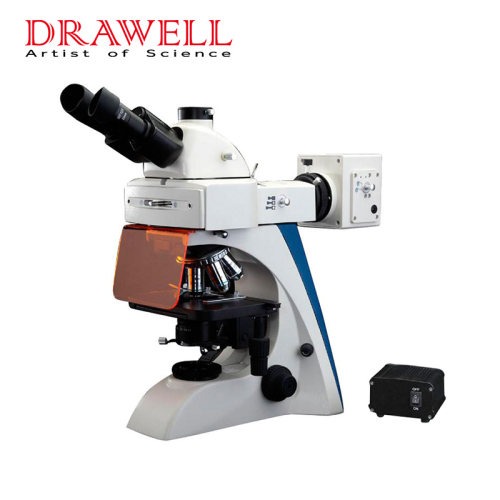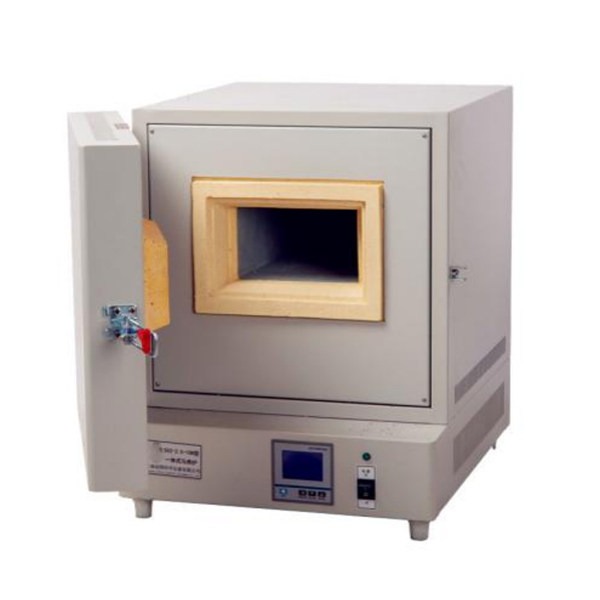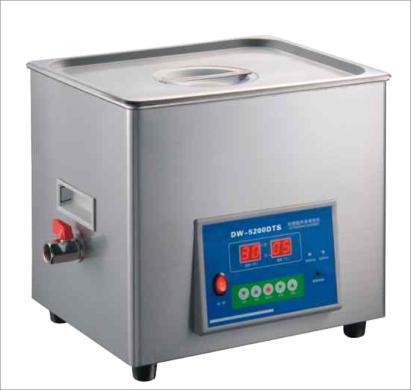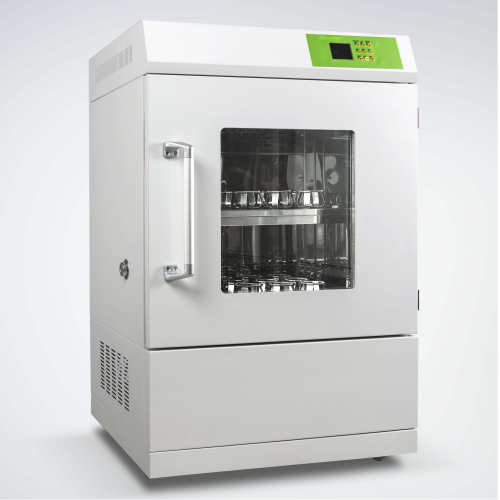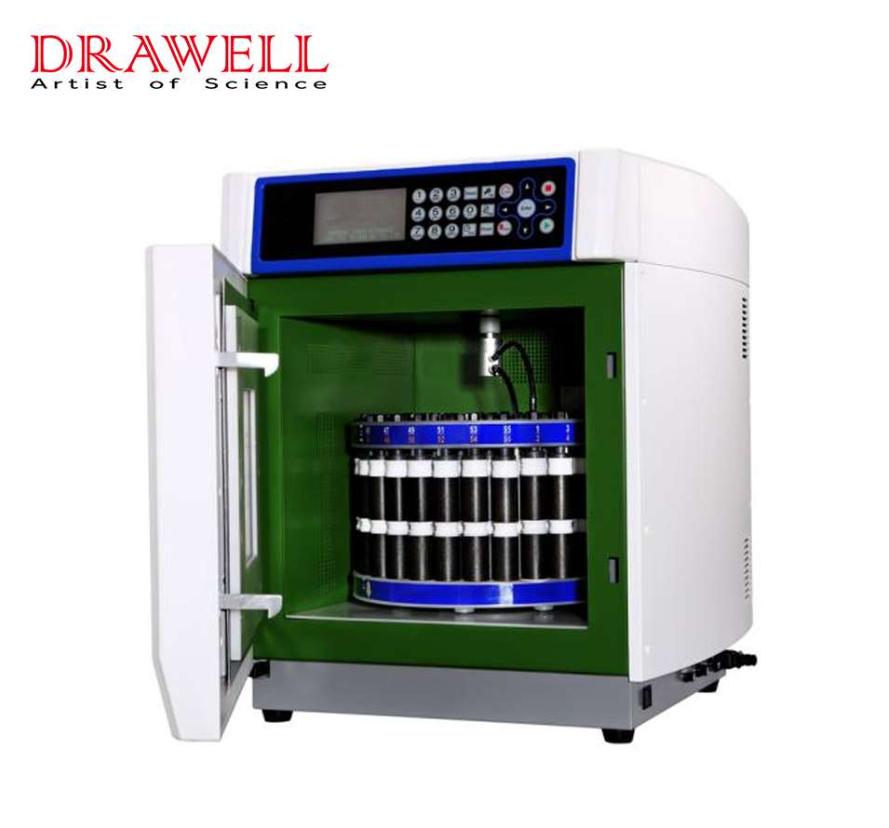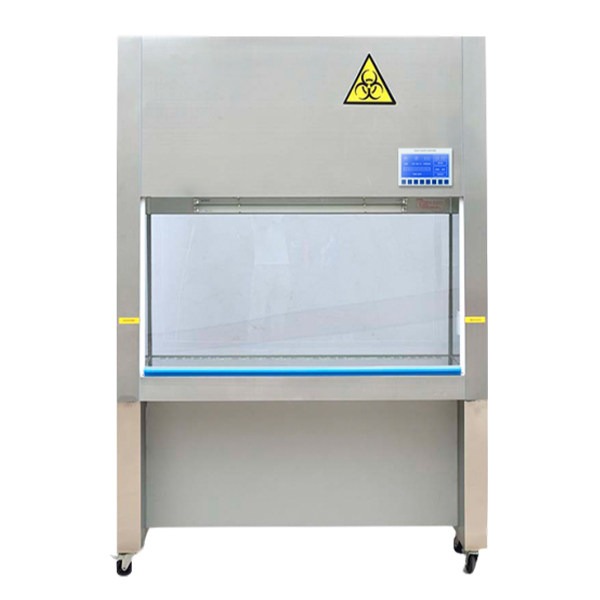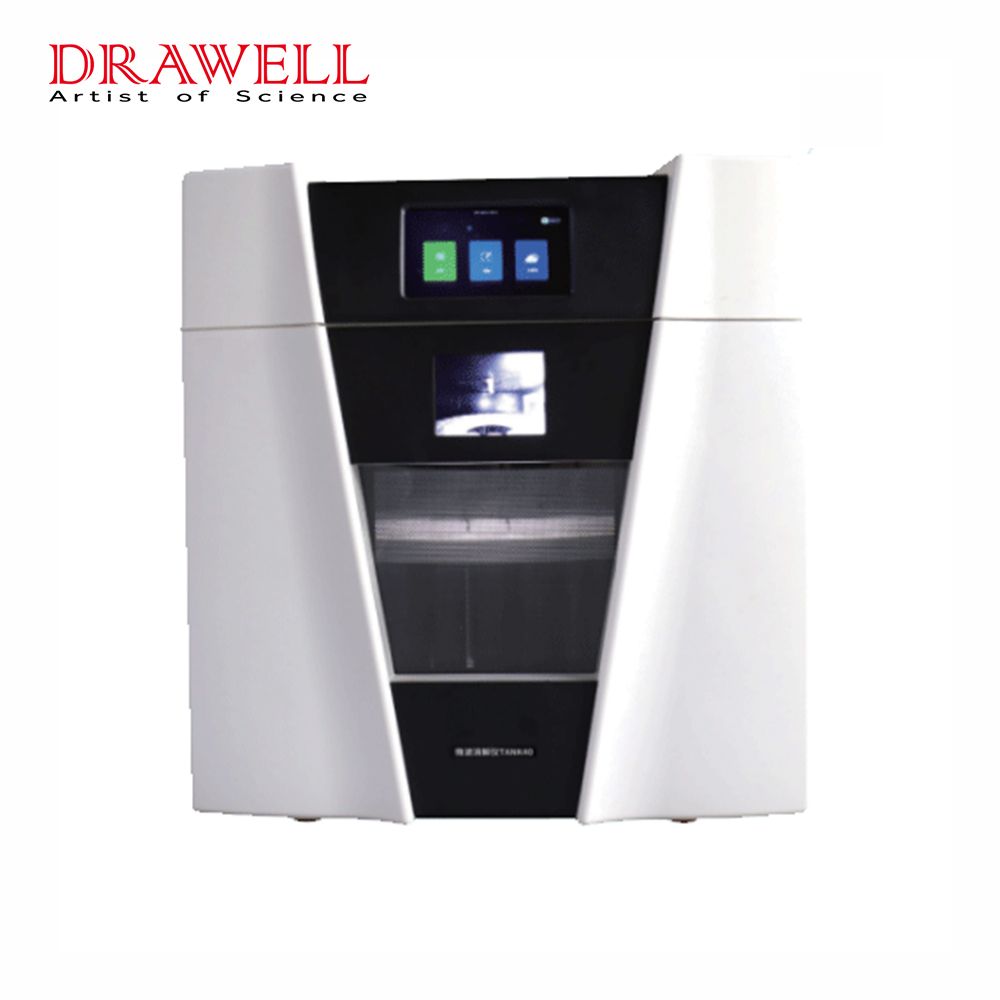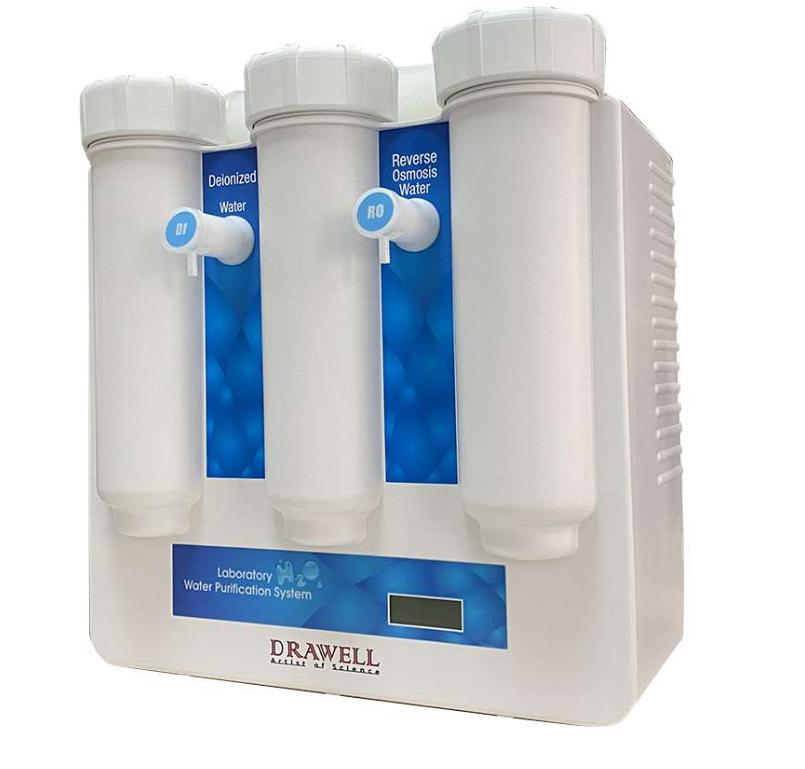News
What is the Microwave Digestion System?
Accurate and dependable results in analytical chemistry are strongly based on good sample preparation. Whether it’s environmental analysis, food testing, pharmaceutical research, or any other discipline needing trace element assessment, the sample preparation process establishes the accuracy and reproducibility of subsequent tests. With significant technological improvement, the microwave digestion system has revolutionized the field of sample…
What Liquid to Use in Ultrasonic Cleaners: Key Considerations and Common Types
The use of high-frequency sound waves to induce cavitation bubbles in a liquid is what ultrasonic cleaning is all about. Ultrasonic cleaners generate tiny bubbles that gently brush away dirt, grime, and pollutants from various items by using ultrasonic waves. To achieve the best results, the liquid used in the ultrasonic cleaner is critical in facilitating…
What is the Purpose of An Emission Filter in the Fluorescence Microscope?
The emission filter is a fundamental component in fluorescence microscopy that is responsible for separating and collecting the fluorescent signals released by tagged specimens. Fluorescence microscopy allows researchers to see individual molecules or structures within biological samples by stimulating them with one wavelength of light and then detecting the emitted fluorescence at a different wavelength. The…
How to Set Temperature in Muffle Furnace?
A muffle furnace is a versatile and important equipment used in a variety of scientific and commercial applications, including materials testing, heat treatment, ash determination, and others. One of the most important components of running a muffle furnace is precisely establishing and controlling the temperature. Understanding how to set the temperature in a muffle furnace is critical for…
How does an Ultrasonic Cleaner Work?
An ultrasonic cleaner is a marvel of science and creativity in the field of current cleaning technologies. These gadgets use the power of sound waves to provide comprehensive and effective cleaning, outperforming traditional approaches. In this article, we’ll focus on the topic that how an ultrasonic cleaner work, delving into the workings of an ultrasonic cleaner, exploring the basic principles, the…
What are the Similarities and Differences Between Horizontal and Vertical Shaking Incubators
Shaking incubators are laboratory instrument that combine the functions of a constant temperature incubator and a shaker. It is used to culture cells, microorganisms, and other biological samples in a controlled environment. Shaking incubators can be either horizontal or vertical, depending on the direction of shaking. What are Horizontal and Vertical Shaking Incubators What are Horizontal Shaking…
Microwave Digestion: A Rapid and Efficient Method of Sample Preparation
Microwave digestion is a method of sample preparation that uses microwave radiation to heat and decompose a sample. This can be used to extract analytes from a variety of materials, including solids, liquids, and biological tissues. Microwave digestion is a rapid and efficient method of sample preparation, and it can be used to prepare samples for…
How Frequently Should Your Biosafety Cabinet Be Certified?
Maintaining a biosafety cabinet (BSC) is critical to the safety of laboratory staff, the protection of samples from contamination, and the integrity of the research being undertaken. Certification is an important component of BSC maintenance since it entails testing and confirming the cabinet’s functioning against set criteria. But how frequently should your biosafety cabinet be certified?…
How are Microwave Digestion Systems Used in Sample Preparation and Analytical Instruments
In the world of analytical chemistry, the accuracy and reliability of results hinge on effective sample preparation. To meet the demands of modern analytical techniques, laboratories are turning to Microwave Digestion Systems, which offer a revolutionary approach to preparing samples for subsequent analysis. This article explores the myriad types of samples that can benefit from…
What is the Best Water Purification System?
The demand for dependable water filtration systems has skyrocketed. Finding the best water purification system might be difficult with so many alternatives on the market. In this article, we will discuss the topic that what is the best water purification system, explore the different types of water purification systems, and discuss factors to consider when determining which…


